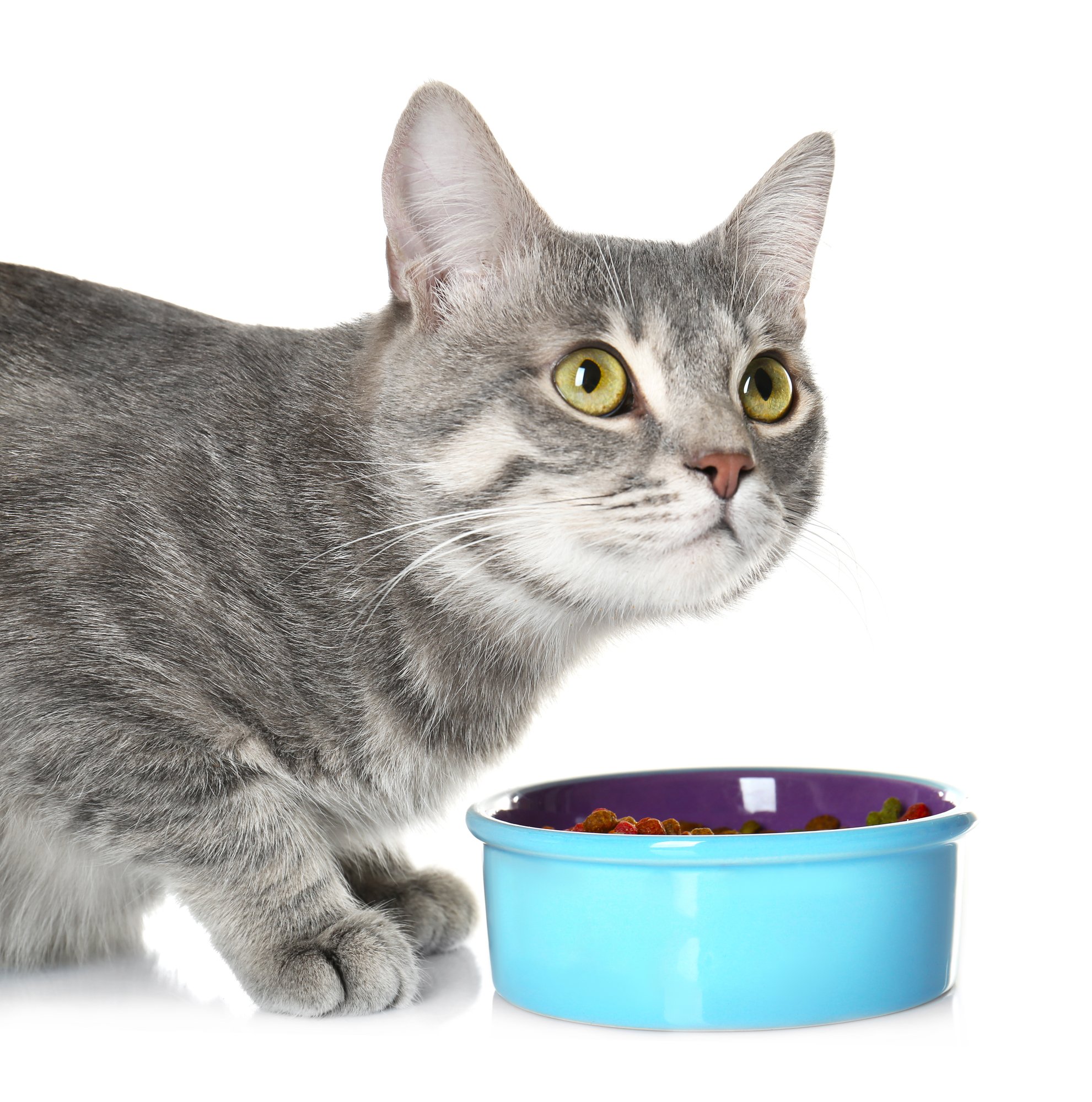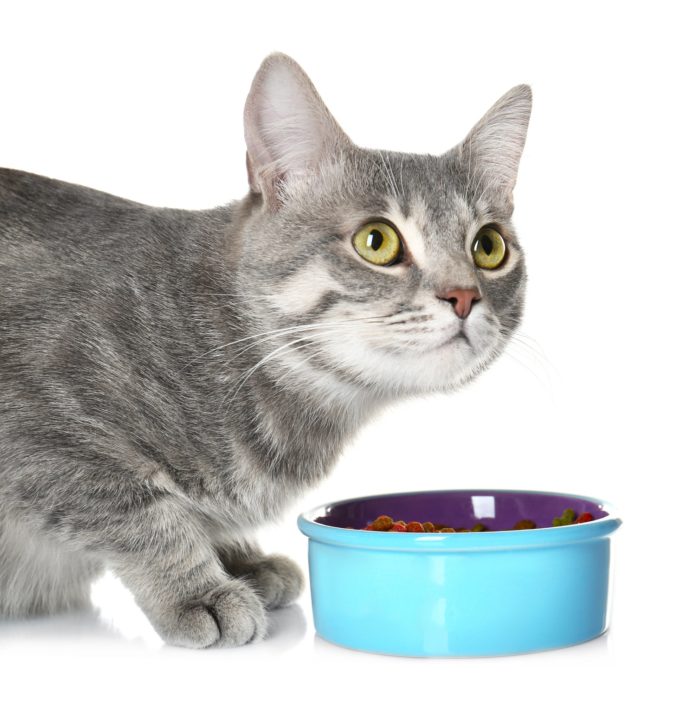belchonock | Deposit Photos

Colorful advertisements boasting enticing benefits may compel us to purchase nutritional supplements for our cat. After all, we all want what’s best for our kitty. But if you’re feeding a quality cat food, you’re likely all set. Good cat food manufacturers hire veterinary nutritionists who follow guidelines from the Association of American Feed Control Officials (AAFCO) to ensure that the foods are nutritionally complete and balanced. You shouldn’t need to purchase a supplement unless your cat has a specific problem.
We’ve compiled five tips to help you determine if your cat would be helped by a supplement. Of course, consultation with a veterinarian is recommended before adding any supplements to your cat’s diet.
1. Talk to your veterinarian before adding any supplements. Your cat may indeed have a specific need, such as glucosamine for joint pain or a probiotic to help you manage your cat’s diarrhea. Avoid adding a product without a specific reason.
2. If you’re feeding supplements, look at the levels of nutrients in your supplement and in the food you’re feeding. Some nutrients, such as vitamin A, vitamin D, and selenium, can reach toxic levels if they are overfed.
3. Watch for overlapping ingredients. Your cat may not need a supplement or may not be helped by the one you are considering. Feeding multiple joint supplements with the same ingredients is not preferable to feeding more of one supplement.
4. If your pet is on a balanced and complete diet that is formulated to AAFCO guidelines, adding supplements may lead to an unbalanced diet. Some nutrients need to be fed in the correct ratio to one another, such as calcium to phosphorus.
5. Always check to ensure the manufacturer is legitimate. A good source for this is the National Animal Supplements Council (nasc.cc). Member companies undergo audits to ensure their products contain the ingredients listed on the label. n
Source: Petfoodology, Cummings Veterinary Center at Tufts University


